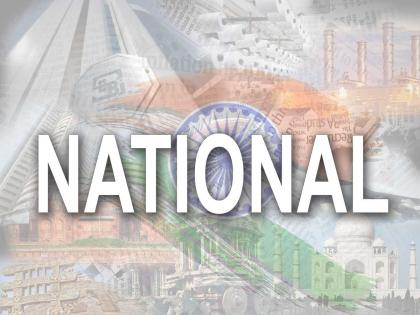India received over 25K Cyber Tipline reports so far: IB Director
By IANS | Published: January 29, 2020 10:42 PM2020-01-29T22:42:44+5:302020-01-29T22:50:04+5:30
The Director of Intelligence Bureau, Arvind Kumar, said on Wednesday that approximately 25,000 Cyber Tipline reports have been received so far in the country out of which 15 were of very high priority.

India received over 25K Cyber Tipline reports so far: IB Director
Speaking at the inauguration of the Cyber Tipline monitoring facility in the National Crime Records Bureau (NCRB) here, Kumar said the information was shared with the states and Union Territories which have registered 57 FIRs based on the information.
Investigation is in process for the remaining Cyber Tipline reports, he said.
Kumar said the intersection between crime and technology is "more apparent today than ever before".
"Digital technologies and the internet have not only spurred cyber crimes, but also made them much more sophisticated. It is therefore requisite for law enforcement agencies to be agile and skilled in the use of latest technology and adopt innovative methods to track, investigate and combat cybercrimes," he said.
Kumar also complimented NCRB for its efforts in promoting 'Ease of living' on the occasion, which was graced by senior officers from various police organisations.
NCRB and National Centre for Missing and Exploited Children (NCMEC), USA, has signed a Memorandum of Understanding (MoU) to receive information on such material originating from India.
NCMEC is a non-profit organisation established by the US Congress. It has a centralised reporting system by which internet service providers across the world or intermediaries like Facebook and YouTube can report about persons who circulate images of child pornography.
NCMEC's Cyber Tipline is the nation's centralised reporting system for online exploitation of children. The public and electronic service providers can make reports of suspected online enticement of children for sexual acts, extra-familial child sexual molestation, child pornography, child sex tourism, child sex trafficking, unsolicited obscene materials sent to a child, misleading domain names and misleading words or digital images on the internet.
( With inputs from IANS )
Open in app